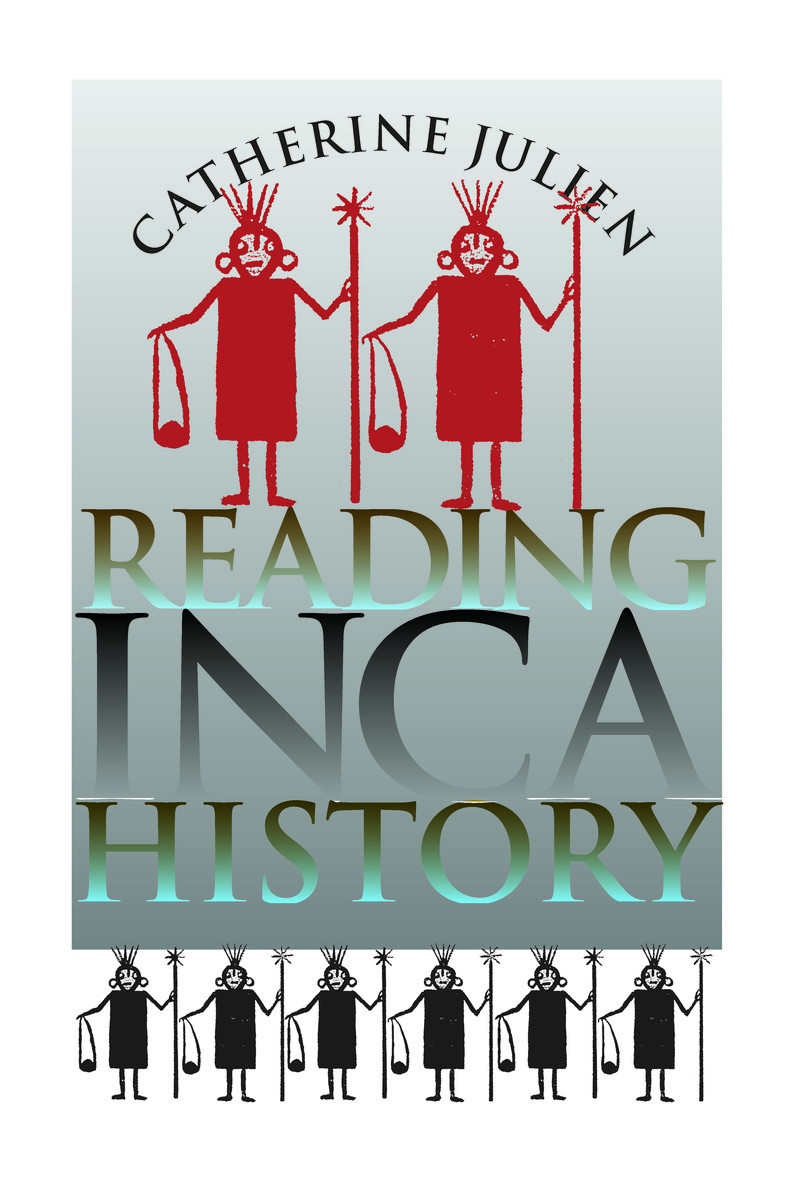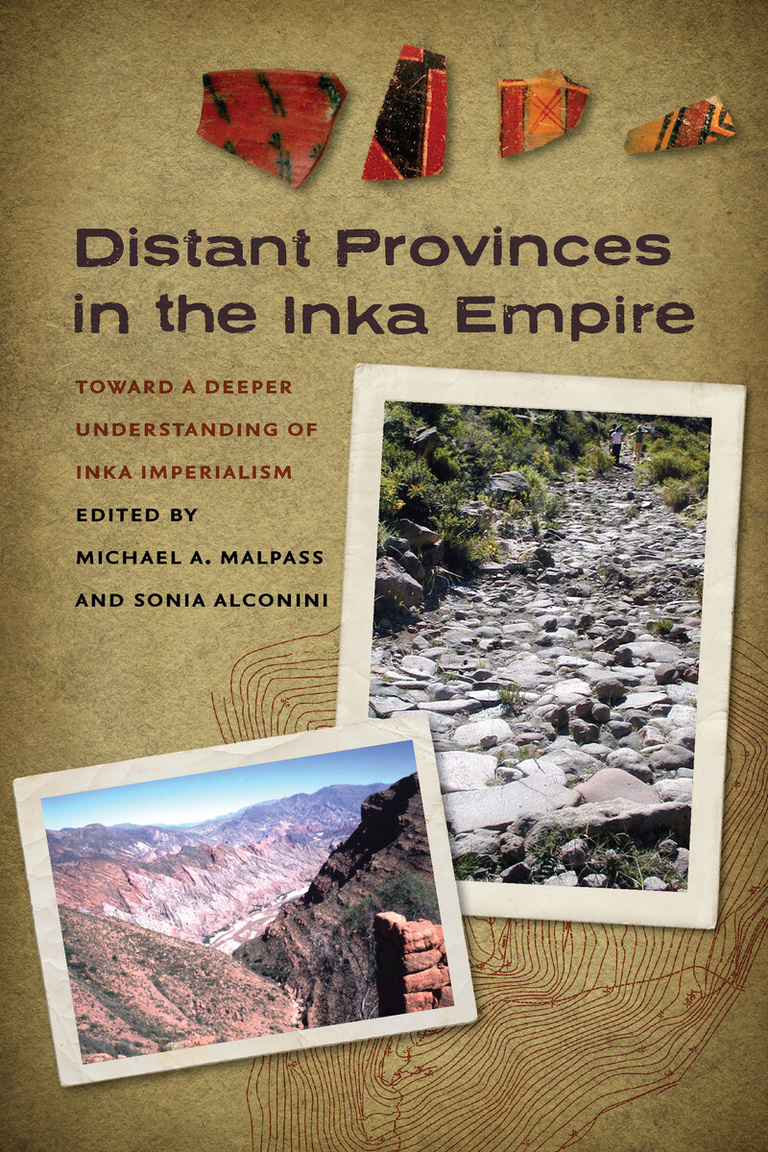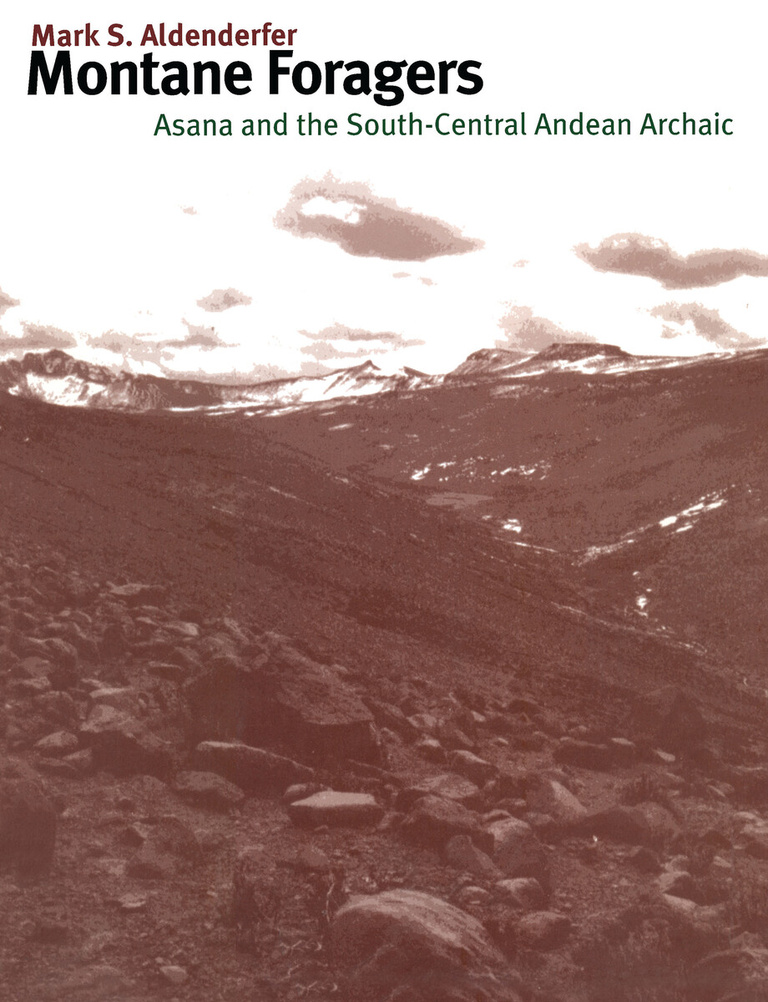Erminie Wheeler-Voegelin Book Award winner
ForeWord Book of the Year Awards winner
At the heart of this book is the controversy over whether Inca history can and should be read as history. Did the Incas narrate a true reflection of their past, and did the Spaniards capture these narratives in a way that can be meaningfully reconstructed? In Reading Inca History,Catherine Julien finds that the Incas did indeed create detectable life histories.
The two historical genres that contributed most to sixteenth- and seventeenth-century Spanish narratives about the Incas were an official account of Inca dynastic genealogy and a series of life histories of Inca rulers. Rather than take for granted that there was an Inca historical consciousness, Julien begins by establishing an Inca purpose for keeping this dynastic genealogy. She then compares Spanish narratives of the Inca past to identify the structure of underlying Inca genres and establish the dependency on oral sources. Once the genealogical genre can be identified, the life histories can also be detected.
By carefully studying the composition of Spanish narratives and their underlying sources, Julien provides an informed and convincing reading of these complex texts. By disentangling the sources of their meaning, she reaches across time, language, and cultural barriers to achieve a rewarding understanding of the dynamics of Inca and colonial political history.
“Julien’s work is rooted in careful scholarship and a profound understanding of the dynamics of Inca and Colonial political history. . . . She raises important issues that should engender lively debate among historians and ethnohistorians.”—Susan A. Niles, author of The Shape of Inca History
“Latin American colonialists may find the argument in Julien’s study convincing, and Andean ethnologists should especially welcome her restrained but provocative contribution to Inca historiography.”—Joseph A. Gagliano
“Drawing from the research of John Rowe, Roland Hamilton, and Pierre Duviols . . . as well as her own extensive investigations, Julien presents a closely reasoned and detailed analysis of Inca sources in an attempt to establish which materials represented historical reality. ”—History: Reviews of New Books
“Julien’s deep reading of Inca history addresses ongoing debates in the subfield of Andean ethnohistory. . . . Julien uncovers persuasive evidence that would indicate the Inca elite had generated both 'genealogy' (of the Manco Capac lineage) and ‘life history’(biographical profiles of the deeds of Inca dynasts).”— Choice
Winner of the Erminie Wheeler-Voegelin Prize and the Katherine Singer Kovacs Prize


